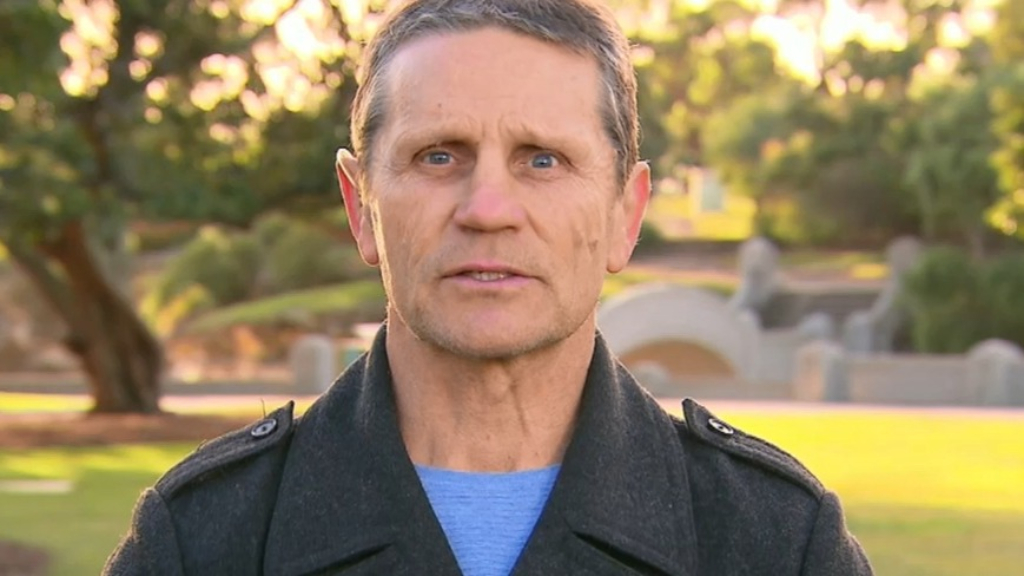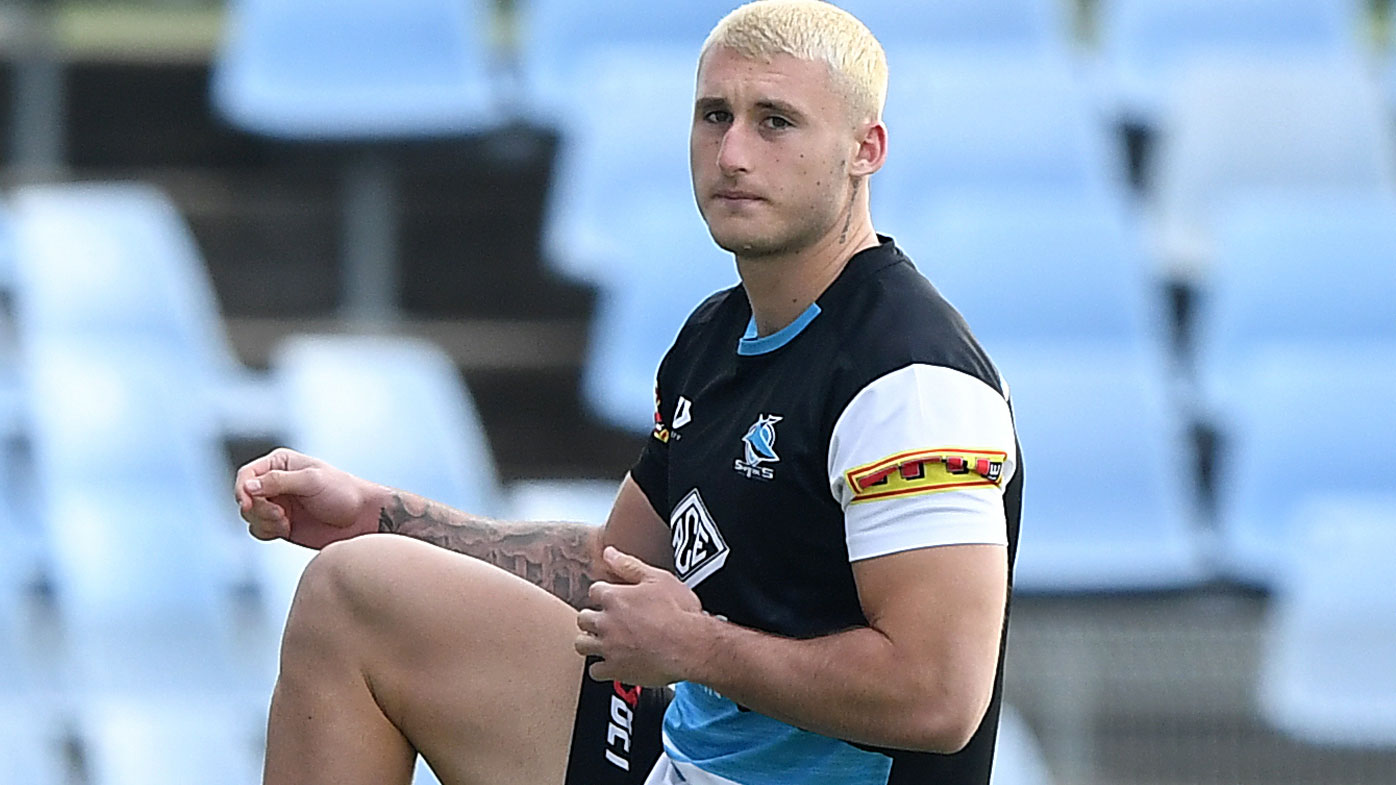
Nine commentator Phil Gould says he was shocked by the drugs Bronson Xerri tested positive to, harking back to the bad old days when anabolic steroids were a consistent blight on professional sport.
Speaking on Wide World of Sports' Six Tackles with Gus podcast Gould said the drug education players were given these days emphasised the perils of recreational drugs and prescription drugs, partly because anabolic steroids and other performance enhancing drugs have long since become taboo in professional sport.

"These players are educated from a very young age and I thought we were well past at least the anabolic steroid part of this drug awareness program that we give them," Gould said.
"I find this a bit out of left-field that suddenly we have a player with such a cocktail of performance enhancing drugs in their system being tested positive.
"Most of our issues these days are about educating the dangers of recreational drugs and prescription drugs, which are a problem in society. And the players really have no excuse, they understand the WADA code and they understand that everything they put inside their body is their own responsibility.
"They know there's support systems around them, they know that if they're ever unsure about taking supplements or any drugs of any type that there are people inside their organisation to help them decipher their legality and whether or not they're useful or harmful to the body.
"So there is really no excuse here."

Xerri's positive test stunned the rugby league world, drawing comparisons with infamous drug cheat Ben Johnson, who was stripped of an Olympic gold medal after winning the 100m final in Seol, which was then the most-hyped race in Olympic history.
After the race Johnson tested positive to the banned anabolic steroid stanozolol, which has been widely credited for his world-beating times that gave him the edge over track legends Carl Lewis and Linford Christie.
Xerri, who exploded onto the NRL stage last year and was already attracting representative hype, has always had the gift of speed and his sprint coach Roger Fabri expected him to duel with Josh Addo-Carr for the title of 'fastest player in the competition' this year.
That mouthwatering prospect has been snatched away from NRL fans now and Gould summed the shame of it up, claiming it was "a waste of a career".
"I'm actually shattered for young Bronson, who I've seen come through the Cronulla Sharks junior system for a number of years," Gould said.
"It's a waste of a career, it's a waste of a life really. I mean he's a young man, he will hopefully come out of this at the end of this and get on with his life but there is no excuse for this.
" ... What I'm shattered for is that this is a young fella seemingly the world at his feet and a tremendous young talent and one who I've watched since he was 15 or 16 years of age.
"Why does he make this decision? Who plants this seed in his brain? Why did he feel that this was an option that he should take? It's just mind boggling to me, it really is.
"Particularly in the area of steroid use and performance enhancing, because I honestly thought we'd got it out of our system, I really did. It's staggering really."
Gould played down the added layer in intrigue in the story, saying the Sharks had "addressed the issues that have plagued them in the past" despite the obvious questions being asked following the club's 2011 supplement scandal that rocked the league when it was exposed two years later.

"(I'm sure) that this is not a club program nor a club initiative nor has anyone within the club convinced Bronson to go down this path," Gould said.
"But the Cronulla club will always be shrouded in that mystique for what's happened in the past.
"I don't think we can blame Bronson Xerri's actions on the Cronulla Sharks or what's happened in the past with them around the drugs program.
"This is an individual decision, certainly an individual decision in respect that it has nothing to do with the club or the program that he is in.
"Just who has influenced him or convinced him that this was a course of action, or if he decided it was his own course of action, who supplied or didn't provide him with the warning that this was the wrong thing to do?
"You wish he reached out for some advice ... what gets a young man into the mentality that he thinks a) he should do this and b) he'll get away with it is just ridiculous."
* This article was originally published here
No comments:
Post a Comment